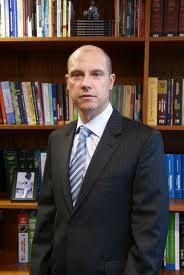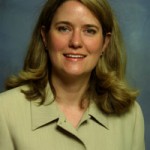Crime, Art, Sports, and Judge De Sanctis: An Update
 Last September, the Law School hosted a lecture by the Hon. Fausto Martin De Sanctis, a distinguished federal judge from Brazil. A former fellow at the Federal Judicial Center in Washington D.C. (2012), Judge De Sanctis has spearheaded Brazil’s efforts to crackdown on international and domestic money laundering, among other crimes. In his lecture, Judge De Sanctis described how museum-quality art served as a medium for laundering cash that left only a scant trail for investigators to follow. It is, he said, an international problem that cries for international solutions.
Last September, the Law School hosted a lecture by the Hon. Fausto Martin De Sanctis, a distinguished federal judge from Brazil. A former fellow at the Federal Judicial Center in Washington D.C. (2012), Judge De Sanctis has spearheaded Brazil’s efforts to crackdown on international and domestic money laundering, among other crimes. In his lecture, Judge De Sanctis described how museum-quality art served as a medium for laundering cash that left only a scant trail for investigators to follow. It is, he said, an international problem that cries for international solutions.
Judge De Sanctis has now published a book on this intricate topic, Money Laundering Through Art: A Criminal Justice Perspective (Springer, 2013).Central to Judge De Sanctis’s argument is the need to lift the secrecy that shrouds many art transactions. While art dealers proclaim the need for confidentiality and the cultivation of a mystique, law enforcement contends that this same secrecy facilitates crime and fraud. The complexities of these crimes, including references to Judge De Sanctis and his (then forthcoming) book, were recently canvassed by the New York Times in a May 2013 story. (See link)

